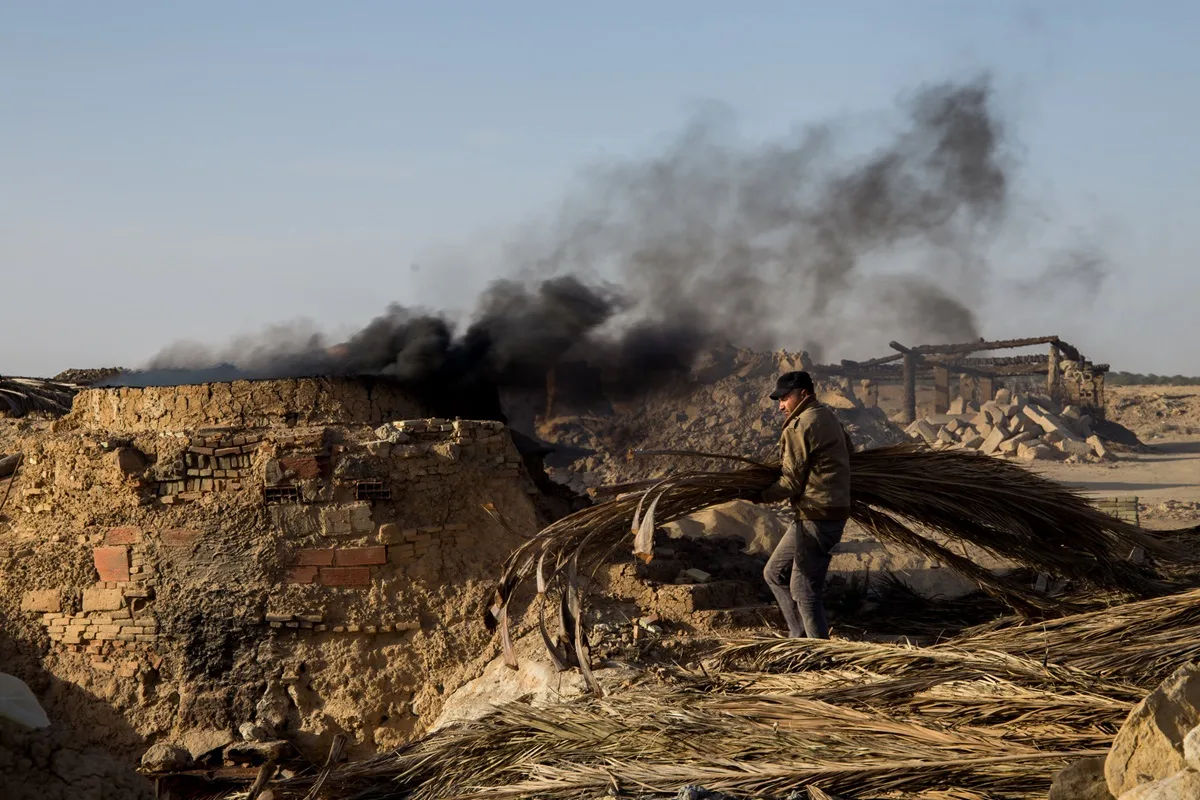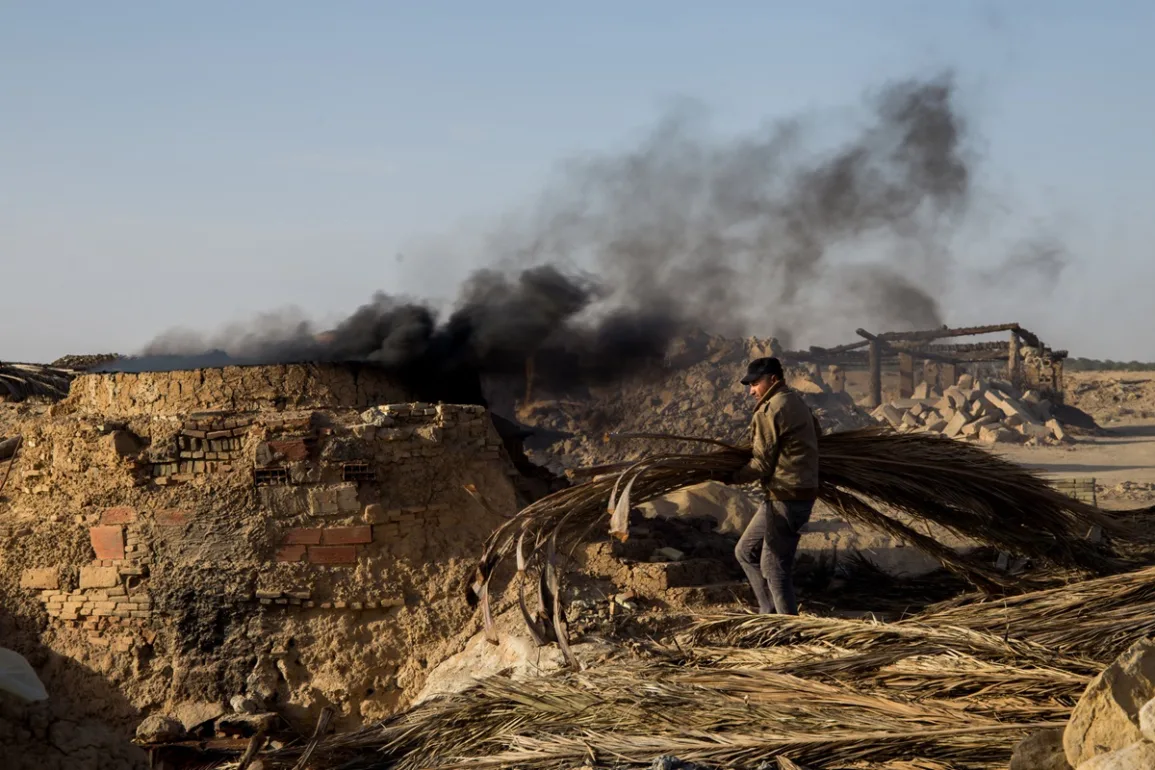
The event will explain how extreme heat and polluted air, are the most direct outcomes of climate change and its drivers on health, and suggest win–win solutions, arguing for greater inclusion of health in the UN Framework Convention on Climate Change (UNFCCC) agenda.
Background
Extreme heat and polluted air are the most immediate and direct outcomes of climate change and its drivers on health – adding to the growing burden of noncommunicable diseases (NCDs), the world’s biggest killers today.
NCDs are responsible for 74% of all deaths, mainly from cardiovascular and respiratory diseases, cancer, diabetes, and mental health conditions.
While the climate crisis has received massive global attention, the most discussed health impacts so far have been related to infectious diseases. These include waterborne and vector-borne diseases that are expanding their range with global warming, as well as pathogens emerging from animal reservoirs subjected to climate-related impacts on habitats.
While these are important, the impact of climate on health due to a swelling burden of NCDs is potentially much larger – with growing proportion of the disease burden in developing countries.
Articles 1 and 3 of the 1992 UN Framework Convention on Climate Change (UNFCCC) committed Parties to the Convention to mitigate adverse effects of climate change on human health and welfare. Even so, for the past 30 years, health has been largely ignored as an element of formal UNFCCC negotiations, and only this year, at COP28, are parties convening the first-ever “Health Day” at ministerial level.
This panel discussion will examine ways in which health impacts of climate change can be acknowledged and addressed, going forward, in both formal and informal fora. The specific focus of this event will be on climate-sensitive noncommunicable diseases, particularly those related to heat stress and air pollution.
In terms of heat stress, this past July, for instance, was the hottest month ever recorded, and it seems very likely that 2023 will become the hottest year on record (WMO). Progressively larger parts of the earth are becoming unsafe for outside work during much of the day or the year. The impacts on health range from increased incidence of kidney disease to more frequent heat strokes and more morbidity and mortality from cardiovascular disorders.
Additionally, there are also health impacts from extreme weather events, including injuries and mental health impacts from the displacement and disruption of severe floods, droughts, storms and wildfires, as well as from climate caused malnutrition and undernutrition.
Finally, there are the chronic disease impacts of air pollution, which kill 7 million people a year, 85% as a result of NCDs. Air pollutants are generally emitted by the same sources as leading emitters of CO2. In addition, some key air pollutants, like black carbon, ozone and methane also are short-lived climate pollutants in and of themselves.
During the side event, we will describe how climate change, air pollution and NCDs – all major crises of this century – are interlinked. We will use the powerful statement UN Secretary-General Guterres made during UNGA this year as our starting point, “The era of global warming has ended. The era of global boiling has arrived. The air is unbreathable and the heat is unbearable. And the level of fossil fuel profits and climate inaction is unacceptable.”
The interlinkages are particularly apparent when considering the suite of SDGs and sub-targets interlinked to health and climate. These include SDG target 3.4, which aims to reduce NCD mortality by one third and SDG target 3.9 reducing air pollution deaths. Related to these, are SDG target 7.1 ensuring access to affordable, reliable and modern energy services; SDG target 11.6 reducing air pollution in sustainable cities and communities; and SDG 13 on climate action.
Event description
During the event, panellists will first explain the evidence around the aforementioned climate, health and NCD linkages.
The event will then focus on win–win solutions that reduce climate and health hazards, through the phase out of fossil fuels, cooking on solid fuels and open-air burning will reduce health risks particularly among people living with chronic health conditions, and other vulnerable groups.
Finally, the event will discuss how health can be better incorporated into UNFCCC negotiations, national climate action plans, finance and reporting processes, as well as how health workers can play a role in reducing exposures by promoting greater awareness.
Date: 30 November 2023 13:00–14:00 (GMT+4) in the SDG pavilion – Blue Zone



